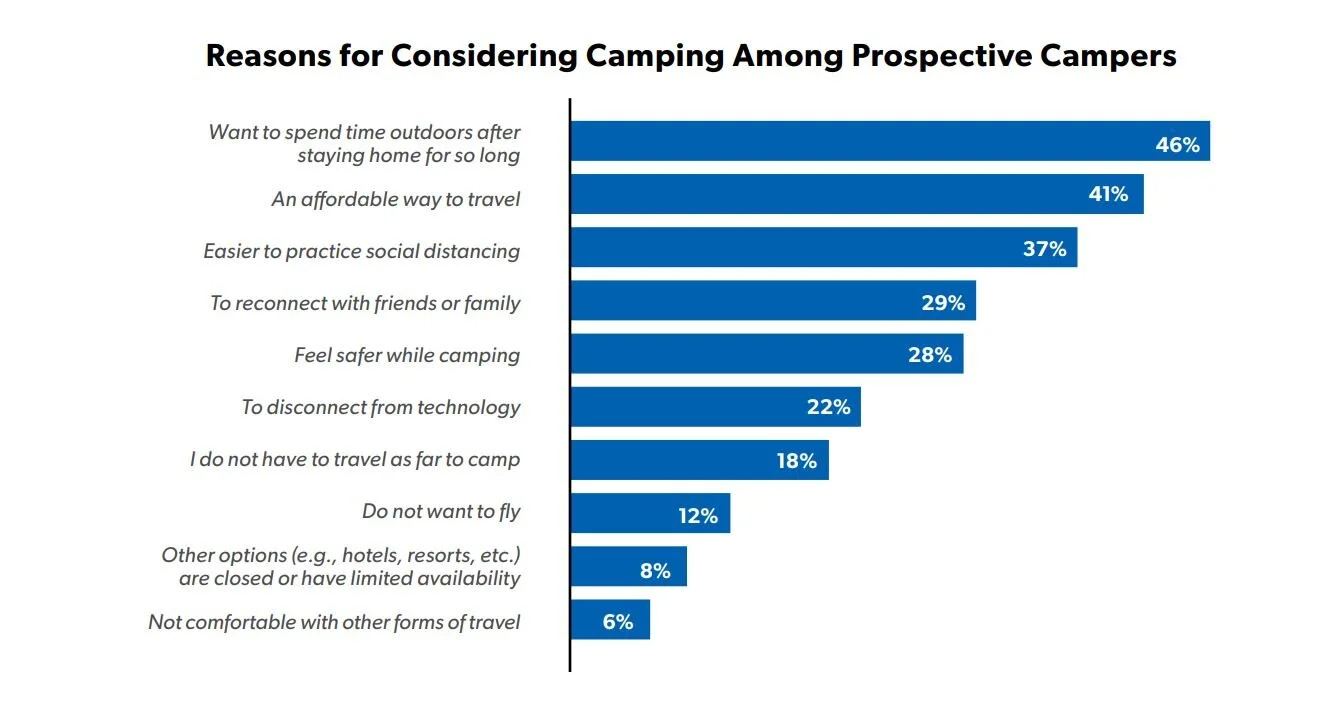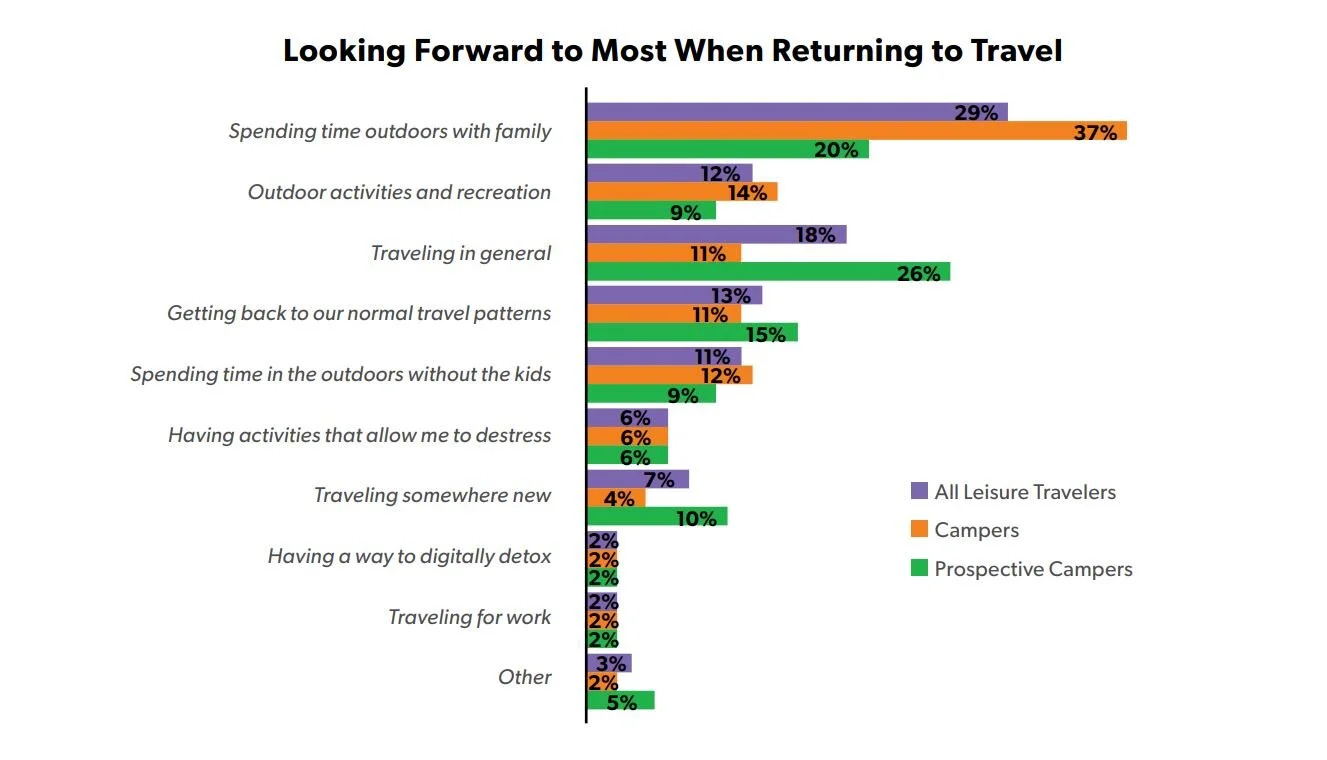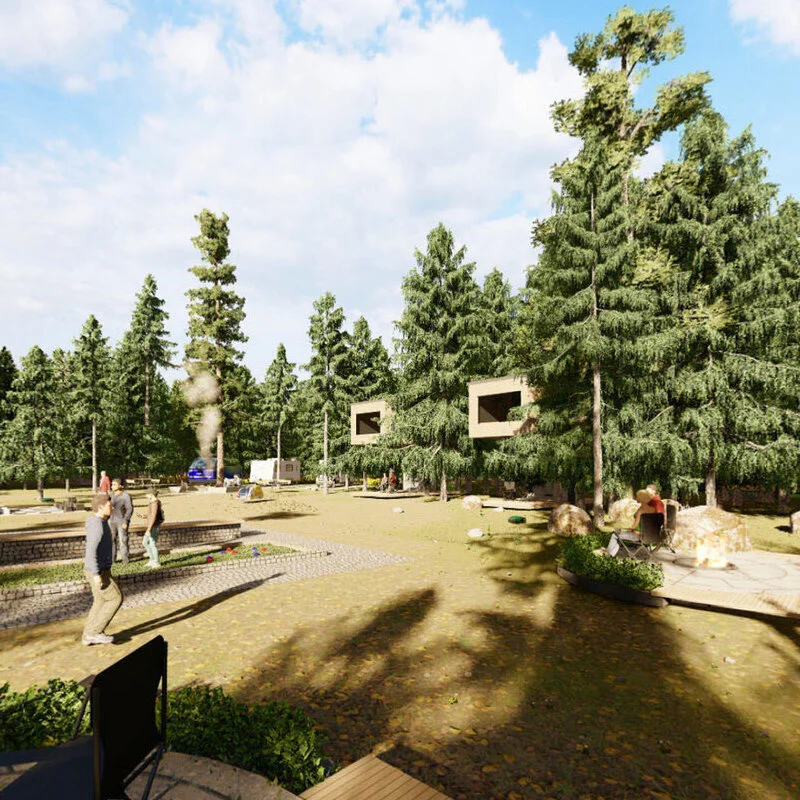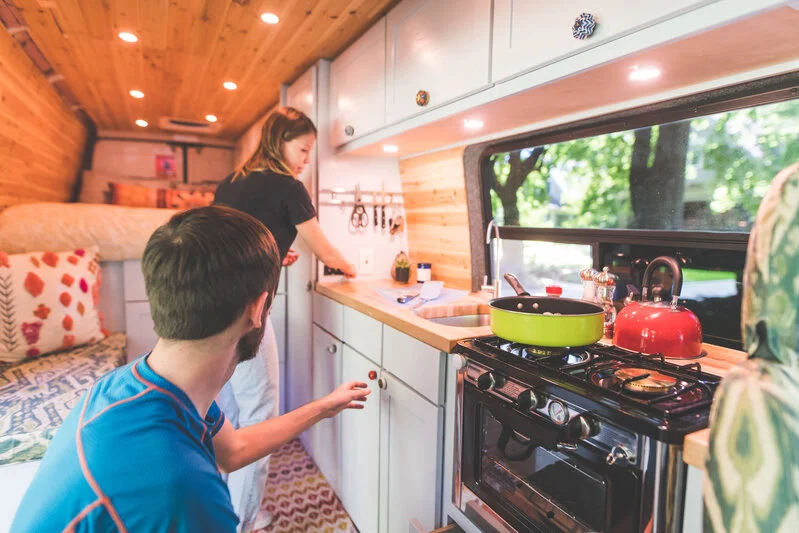From a KOA perspective, we definitely want properties to have the ability to share their COVID policies because the requirements from state to state are so different. I think anymore, customers are used to some sort of banner or other messaging online, especially for a physical location. It's so prevalent that it almost seems if there's not one, customers might feel unsafe visiting the establishment. We definitely encourage our properties to have that messaging visible.
Aside from that, being a digital marketer, I would stress the importance of having a good digital presence. A great website, easy to find, updated regularly, and mobile friendly are huge today. We know that over 50% of our traffic is from mobile devices. So if your website isn't mobile friendly, most likely your customers aren't having a great experience.
In addition to that, having great photos is definitely important. We know that the website and photographs are the number one and number two reasons why people choose a camping location. If you haven't had a professional photoshoot, you're leaving money on the table. While it can seem like a higher upfront cost, it will pay itself off if you have a quality site that can showcase those photos.
Aside from great photos and a great mobile website, I think the most underutilized tactic I've seen is email marketing. So if you have a rich database or a great NPS and you aren't communicating with your customers regularly you are probably leaving money on the table again. From an ancillary sales standpoint, having a text messaging service, whether it be from a reservation software or a third party, is important as well. We have seen some campgrounds rake in an additional fifty to one-hundred thousand dollars annually by utilizing extend-your-stay promotions and other ancillary sales call outs.





